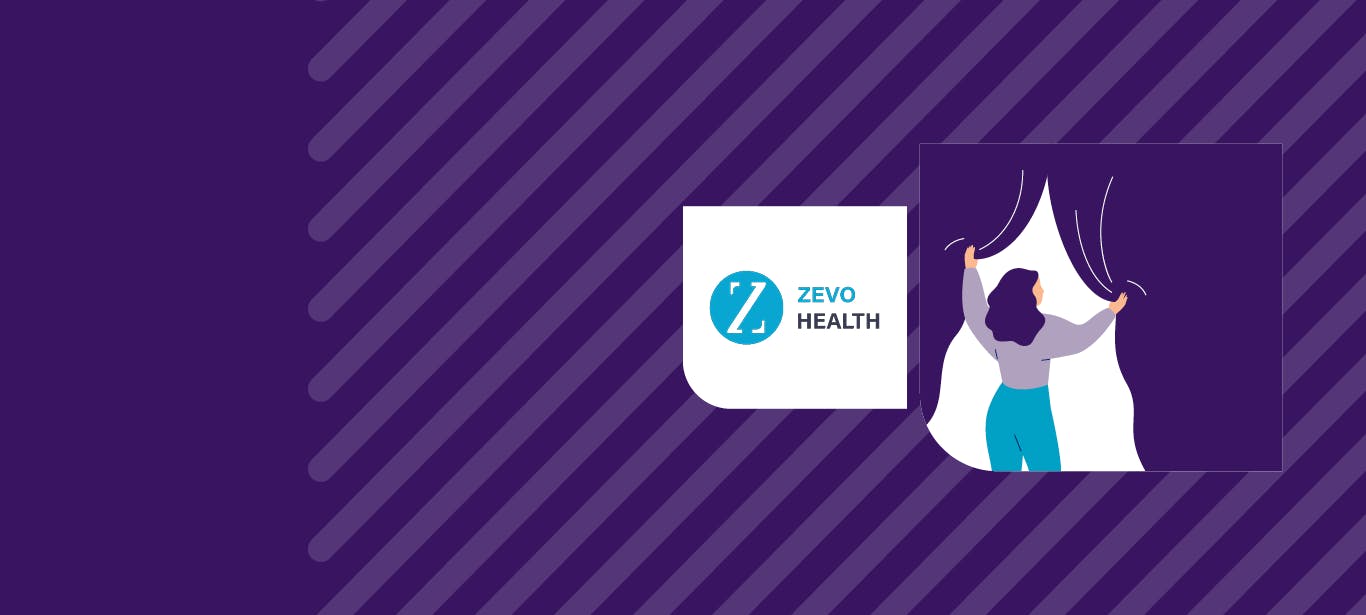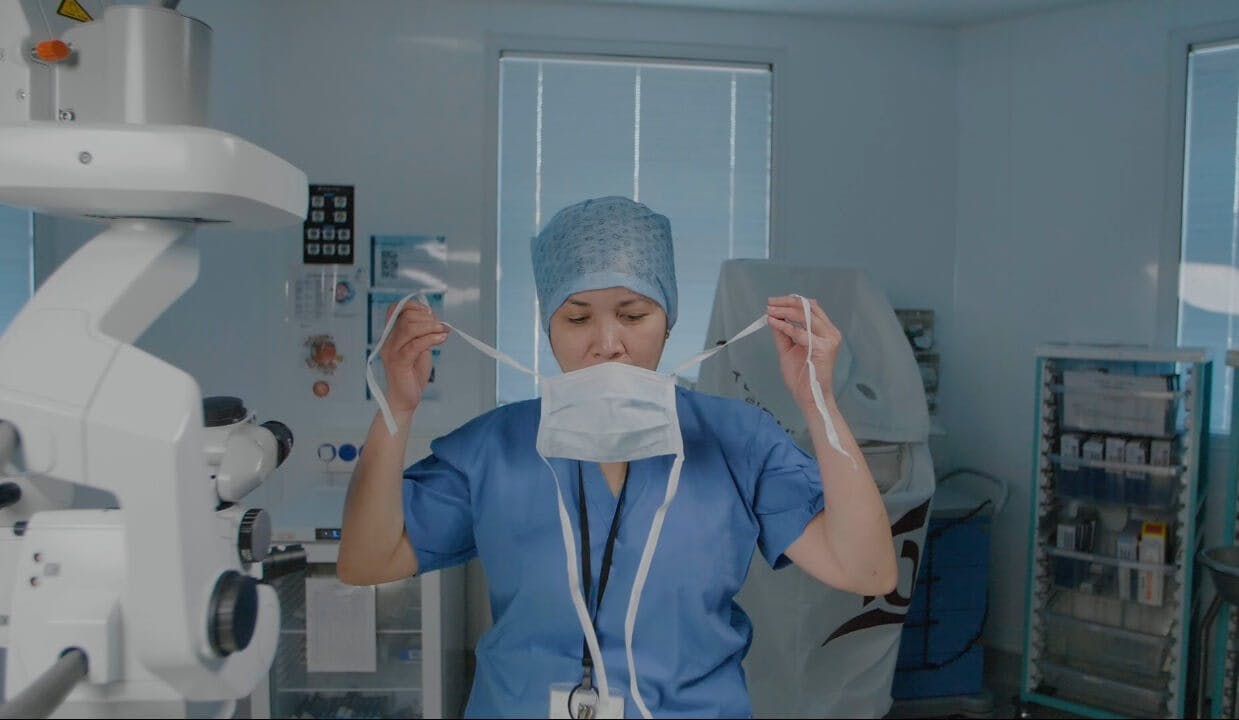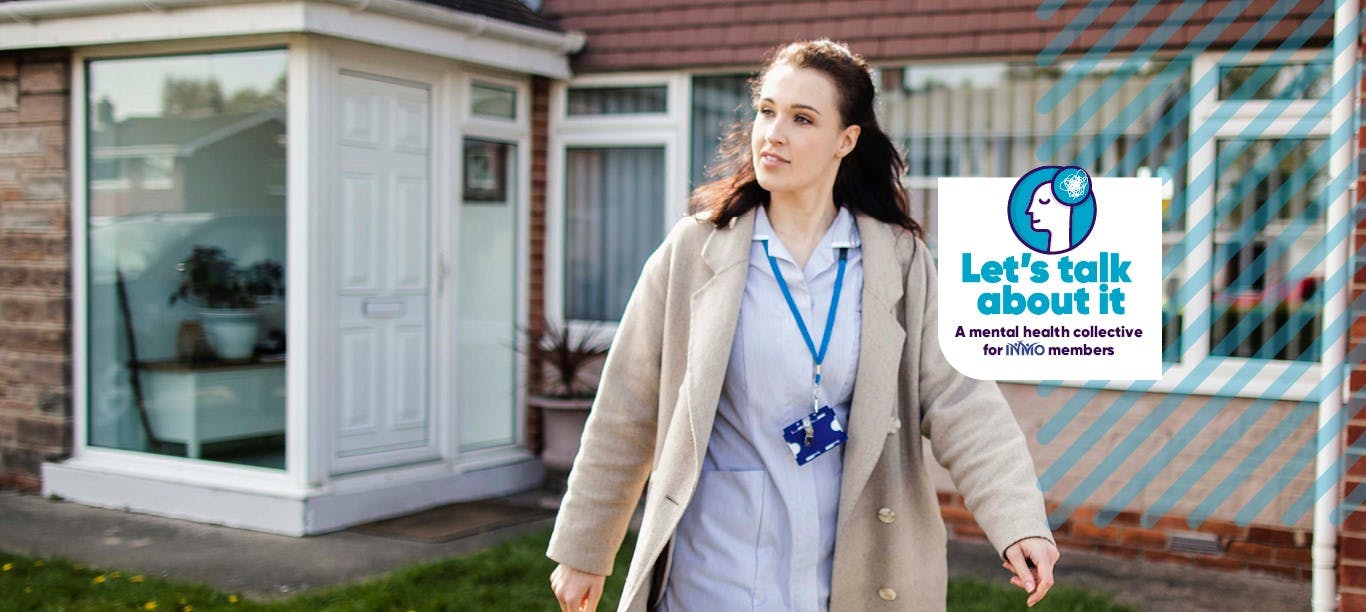As a part of Let's Talk About It, INMO look back at findings from their a cross-sectional online survey on Mental Health and the Covid-19 Pandemic
The sustained pressures of the Covid-19 pandemic have had a negative impact on wellbeing and mental health throughout society. However, there is no doubt that the psychological strain on frontline healthcare workers has been extraordinary, with issues ranging from stress and burnout to anxiety and serious trauma.
Last year, the INMO conducted a cross-sectional online survey throughout August and September to gain an understanding of the psychological impact of Covid-19 on nurses and midwives in Ireland, with results showing that the majority of nurses and midwives experienced negative mental health effects due to pressures inside and outside work.
83% Covid-19 has had a negative psychological impact on them
In total, 2,642 nurses and midwives responded to the survey, across all sectors, grades and specialisms, with 83% stating their experience of Covid-19 has had a negative psychological impact on them as an individual, and more than 95% reporting they believed Covid-19 had had a negative impact on their nursing and midwifery colleagues.
The impact on families and personal lives has also been extraordinary, with most respondents stating they had experienced negative psychological symptoms while off duty during the pandemic. More than 90% of respondents said they had experienced mental exhaustion while off duty; 39% reported having trouble concentrating, 37% said they had difficulty focusing and 35.5% reported experiencing forgetfulness.
Concerns relating to infection risk at work were also very high among our members, with PPE access a significant concern among respondents, more than 90% telling us they had experienced stress about the risk of spreading the virus to family or housemates.
Family wellbeing concerns were increased by the enormous pressure to secure childcare around long shifts, and struggling to home-school young children. This was a significant source of stress and anxiety for many nurses and midwives, with nearly one-third reporting stress as a result of childcare responsibilities and school and creche closures.
The trauma of contracting Covid-19 takes a horrific toll on patients, their families and their loved ones, and our survey revealed this too had an enormous impact on nurses and midwives, with 12% of respondents saying they had contracted Covid-19. 28% of those who contracted Covid-19 reported having to take additional sick leave, and nearly three-quarters of those who had contracted Covid-19 were experiencing long-term physical effects.
60% have considered leaving the profession
Nurses caring for patients with the virus bear witness to its terrible effects, compounded by the challenge of comforting patients and caring for families who are unable to visit during such a difficult and important time. Our survey found that more than 90% of nurses and midwives reported being mentally exhausted, while 60% of respondents indicated that they have considered leaving the professions as a consequence of Covid-19.
Our survey shows the tremendous strain our members have been under and is consistent with reports of urgent mental health needs around the world. Burnout, anxiety and stress are now rampant among the global nursing community and in Ireland, and the ICN reported in January 2021 that nurses are facing mass trauma as a result of Covid-19, with short and long-term effects on individuals and the health service.
With such high numbers of nurses and midwives experiencing sustained high levels of distress both at work and at home, it is clear the need for additional mental health supports that address the specific needs of our members must be a priority.
INMO, March 2021



